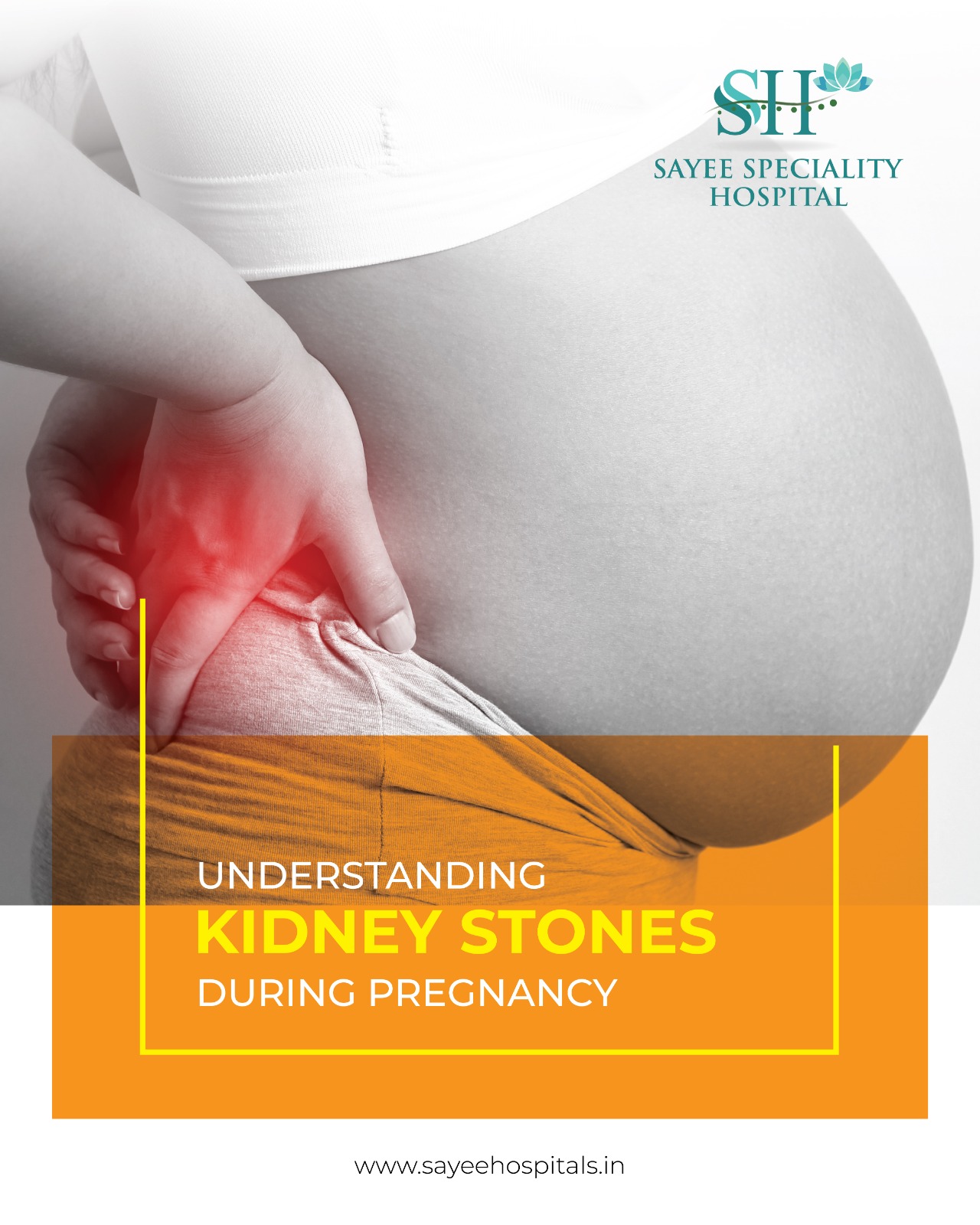Pregnancy can bring about many health changes, and one potential issue that may arise is the development of kidney stones. These solid masses form when calcium combines with other substances in urine, leading to blockages in the urinary tract. Understanding the symptoms, treatment options, and ways to manage kidney stones during pregnancy is essential for both mothers and their healthcare providers.
Recognizing Symptoms
Women who develop kidney stones while pregnant may experience several discomforting symptoms:
- Pain during urination: This sharp pain can be severe enough to make urination extremely difficult.
- Nausea and vomiting: The discomfort from kidney stones and the pressure on the kidneys can lead to feelings of sickness.
- Blood in urine: While seeing blood in urine can be alarming, it may occur without being linked to serious complications.
- Back or abdominal pain: This pain might indicate urinary retention, where a blockage causes urine to build up in the kidneys, potentially leading to a condition known as hydronephrosis, especially in later stages of pregnancy.
Risks of Miscarriage
While kidney stones do not directly cause miscarriage, untreated stones can lead to complications like urinary tract infections, which may increase miscarriage risk. This possibility underscores the importance of addressing kidney stone issues promptly.
Treatment Options
Treatment for kidney stones varies based on their size and the individual circumstances of the pregnant woman. Some options include:
- Medications: Doctors may prescribe muscle relaxants to ease ureter blockage.
- Sound wave therapy: This non-invasive method uses vibrations to break down stones, though it can be painful.
- Surgery: In cases where other methods fail, minimally invasive surgery might be necessary.
- Scope procedures: This involves using a scope via urethra to break up stones and may require anesthesia.
Pain Relief Strategies
For those experiencing pain from kidney stones, consider these strategies while waiting for treatment:
- Drinking plenty of water can help dilute urine and assist in passing stones.
- Evaluate calcium supplements: Reducing calcium intake may lower the risk of developing more stones. This has to be done only after your doctor’s consultation.
In summary, if you suspect kidney stones, seek medical advice quickly to minimize risks and ensure a healthy pregnancy.
